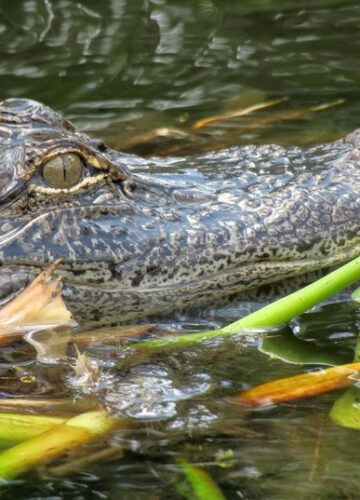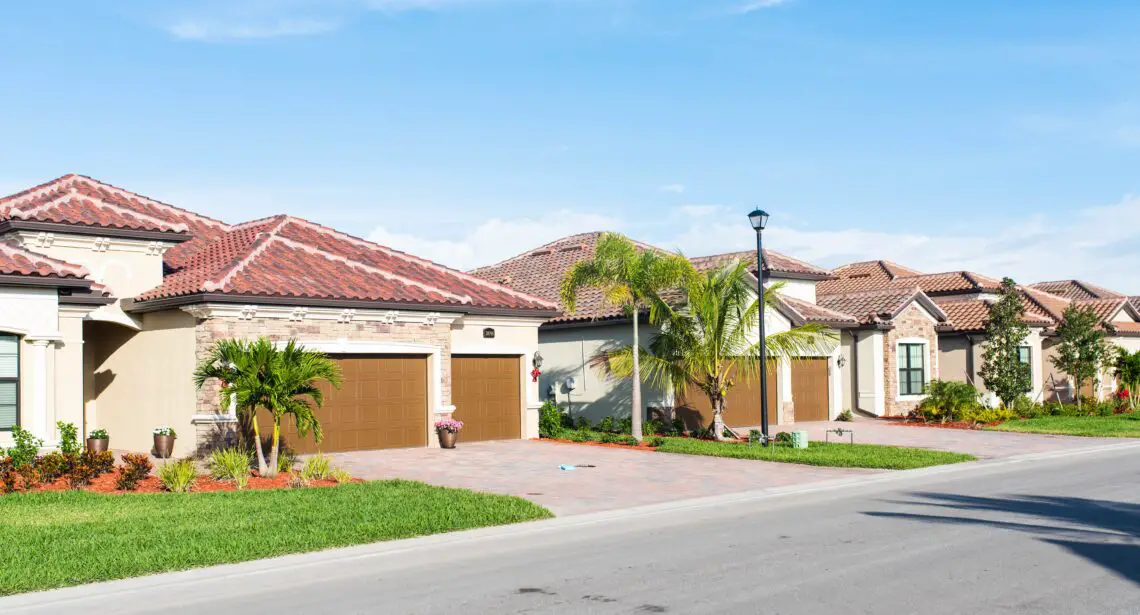
Florida Home Maintenance
Florida is a state that is known for its sunny weather and beautiful beaches, but it is also notorious for its humidity, moss, pests, and potential for flooding.
Homeowners in Florida need to take special care to maintain their homes and protect them from these elements.
In this article, we will discuss some of the essential home maintenance tips specific to Florida.
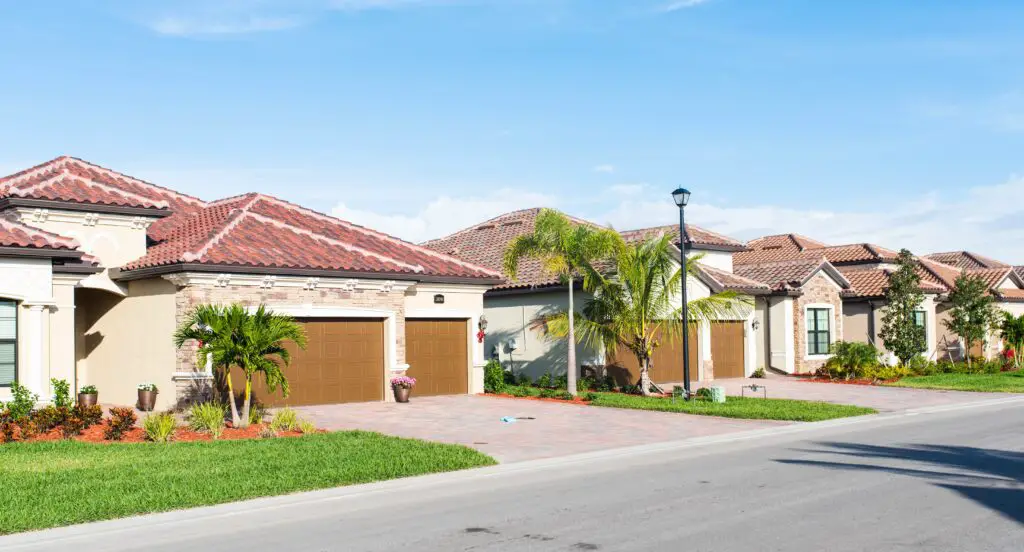
Table of Contents
Painting
Florida’s sunny weather and warm temperatures can cause the paint on your home’s exterior to fade and peel faster than in other areas. Therefore, it is essential to inspect the exterior of your home regularly and repaint it every few years to protect it from the sun’s damaging effects.
A common question for homeowners in the Sunshine State is: How Often Should You Paint Your House in Florida? That will depend on the materials that the exterior of your home is made from.
Consider the color that you want to paint the exterior, too. A good majority of homes in Florida are lighter colors, along the line of pastels.
One reason for the light colors is that the sun quickly fades darker colors. Keep this in mind when choosing your exterior color.

When To Paint Your Home
When painting, use a high-quality exterior paint that is specifically designed for Florida’s climate. It will be equally important to paint during the right time of the year.
The heat that everyone loves Florida for also brings humidity during the summer months. The summer months are also when there is the most rain.
The winter time, between October and March, is the best time to paint the exterior of your home.
How Often Should You Paint Your Home?
How often you should paint depends on the exterior walls of your home. Typically in Florida exteriors are wood, aluminum, brick, stucco, and cement.
Brick exteriors rarely get painted. If your home has brick that is painted, or if you are wanting to paint it, painted brick can last up to 15 years.
Wood is going to be the most labor-intensive option. Because of the tropical climate in the Sunshine State, a wood exterior home may need painting every three years.
Aluminum siding will last a bit longer than wood between paintings and may last five years. A paint job on stucco will last about five to six years.
A paint job on Cement fiber siding can last up to 15 years or longer.
Air Conditioner Maintenance
HVAC units in Florida are the number one consumers of energy in households. Florida’s hot and humid weather can put a significant strain on your air conditioning system.
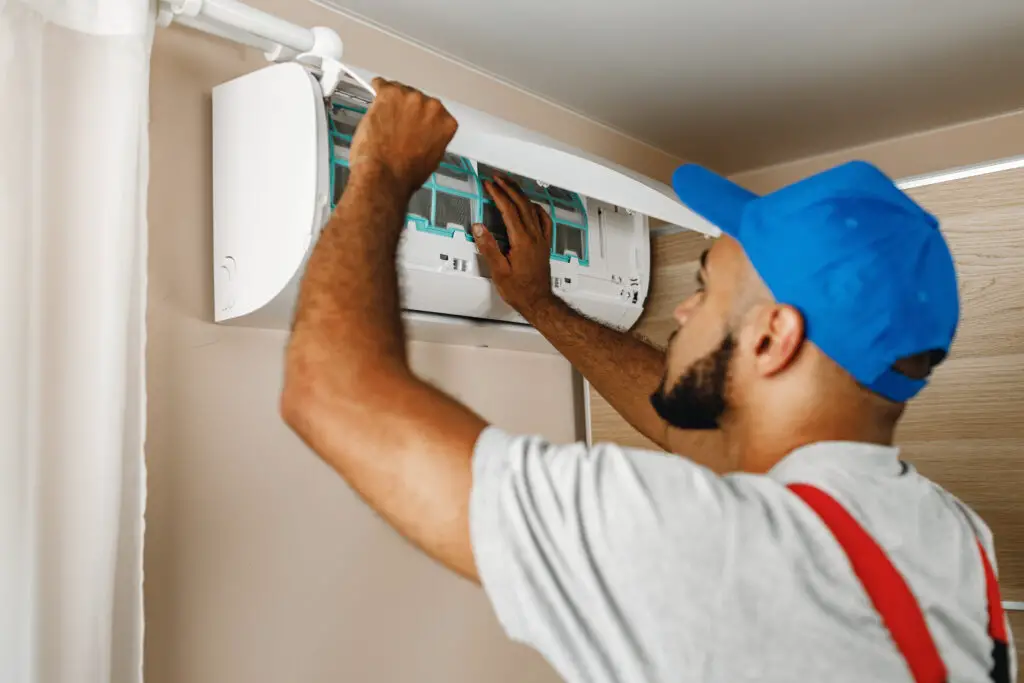
An AC unit is the hardest working appliance in a Florida home. Regular maintenance and tune-ups are critical to ensure that your AC is running efficiently and effectively.
Knowing How Long Do Air Conditioners Last in Florida, and what you can do to prolong their life is important for a homeowner.
If you take care and regularly service your AC unit, it will last between 10 – 15 years. Unlike a home furnace in colder northern states, you will rarely turn off an AC unit in a Florida home.
Even when the temperatures are more temperate in the winter months, there is still a great amount of humidity in the air. Your AC unit is going to take that moisture out of the air and keep your house comfortable.
The humidity in Florida can create mold and mildew in ductwork and corrode parts of your AC system. If you have an exterior unit, rain, sun, wind, and storms can damage the unit.
Where you live is a factor, too. If you live by the coast, salty air can accelerate the rate of corrosion. Make sure to change your air filters regularly, clean the outdoor unit, and schedule a professional inspection annually to prevent costly repairs and ensure that your system is working correctly.
Here are some tips from ‘This Old House’ for Air Conditioner Maintenance and Care Tips.
Humidity
Florida is notorious for its high humidity levels, which can cause a host of issues in your home, such as mold, mildew, and musty odors.
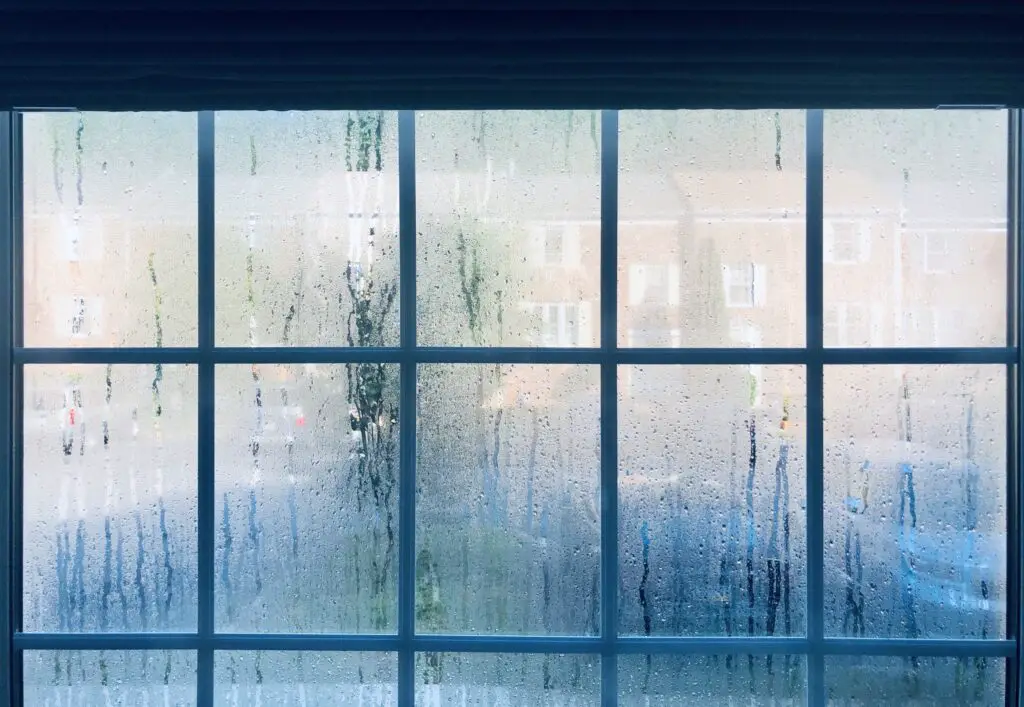
Ceiling fans can help to keep the air moving in your home and reduce humidity. Check out these 10 Tips For Controlling Humidity inside your home.
To reduce humidity levels, use a dehumidifier, ensure proper ventilation, and repair any leaks or water damage promptly.
Moss
Moss can grow on roofs, sidewalks, and other outdoor surfaces in Florida due to the state’s humid and moist climate. It not only looks unsightly, but it can also cause damage to your roof and walkways.
Moss may look like an attractive green on some surfaces, but the damage it can cause is not pretty. In some instances, trees can encourage moss to grow as it helps to shelter the moss.
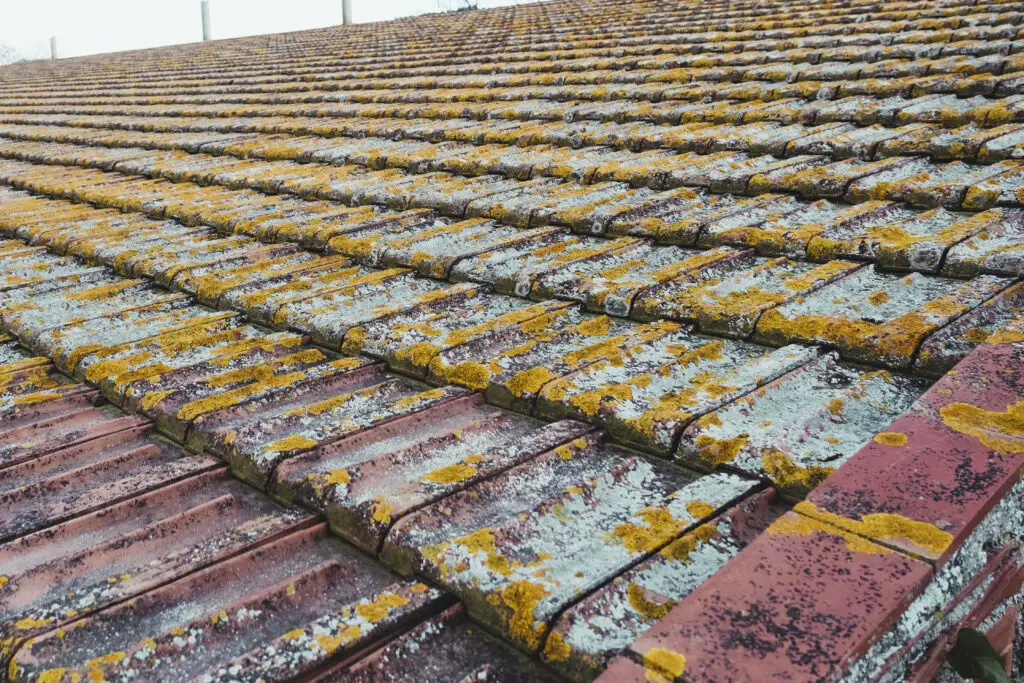
This article points out how trees can become a problem: How Moss on Your Roof Can Lead to Costly Repairs in Florida.
If you see moss on your roof or siding, it is best to get rid of it immediately. Regular cleaning with a power washer or other cleaning solution can help keep moss at bay.
Water or Flooding
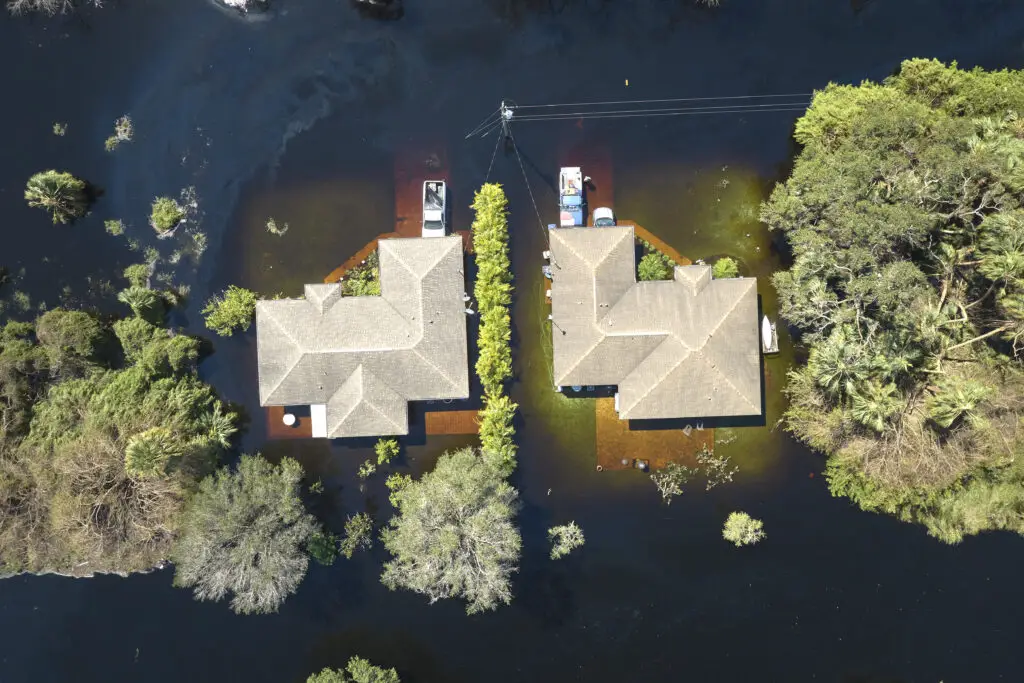
Florida is no stranger to heavy rain and flooding, which can cause severe damage to your home if you are not prepared. Make sure your gutters and downspouts are clean and functioning correctly to prevent water damage.
If your area is prone to flooding, consider installing a sump pump to prevent water from entering your home. Water that is not dealt with quickly will lead to more damage and greater costs incurred in repairs.
Mold
Florida’s humid climate is a perfect breeding ground for mold which can be harmful to your health and damage your home. Regular cleaning and proper ventilation can help prevent mold growth.
Most Floridians run their air conditioning unit year-round to keep the humidity out of the air and prevent mold from getting a start in their home. This can occur anywhere in your home that does not get much ventilation, like closets.
If you notice mold in your home, it is essential to address the problem promptly and hire a professional mold remediation company to remove it safely.
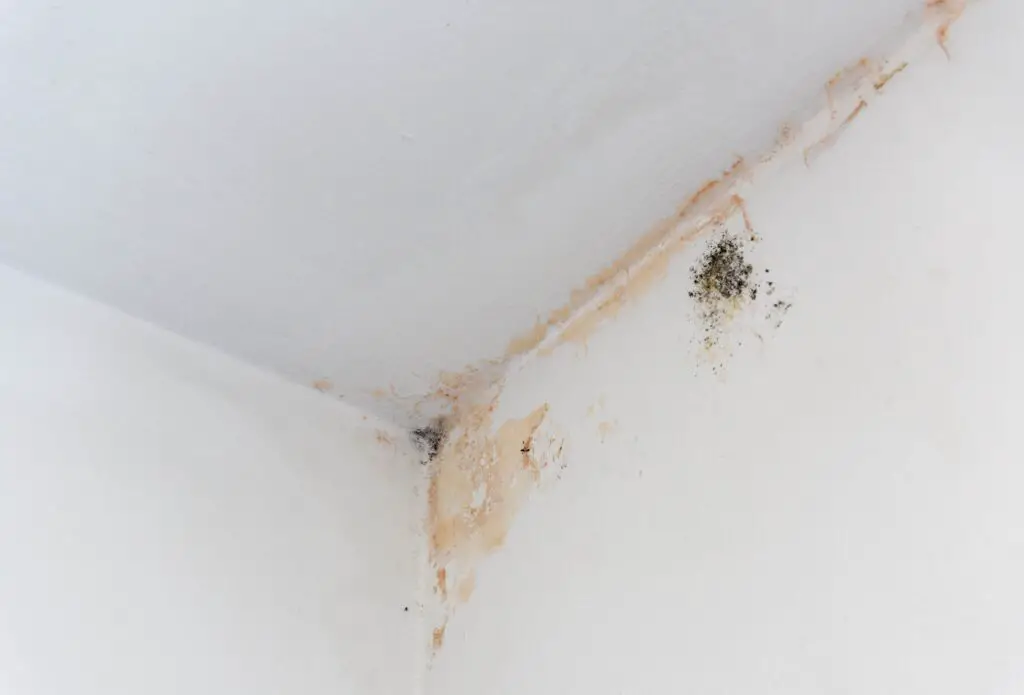
Insects and Bugs
Florida is home to a wide variety of pests and insects. In colder states, insects can die off in the winter because they must generate their own body heat to stay alive. Unless they find a cozy place to spend out of the cold, they will die.
Florida poses no such danger to insects and bugs, as it rarely if ever gets to freezing. To prevent infestations, make sure to seal any cracks or gaps in your home’s exterior, keep food stored properly, and trim back any trees or bushes that may be providing easy access for pests.
Many homeowners prefer to have pest control companies come and spray their homes regularly, rather than battle a never-ending war against these pests.
If you do notice pests in your home, contact a professional pest control company to help eliminate the problem. Don’t wait until they have taken over, as it will take twice as long to get them under control.
If you have regular pest service, it disrupts the insect’s breeding cycles, which helps get rid of these unwelcome guests. Check with a reputable service provider and make sure to ask if their treatment is safe for pets and kiddos.
In Conclusion
Maintaining your home in Florida requires extra care and attention due to the state’s unique climate and environment.
Regular maintenance, proper ventilation, and prompt repairs can help prevent damage from humidity, flooding, mold, pests, and other elements.
By regularly maintaining your home and air conditioning unit, you can keep your Florida home in excellent condition and enjoy it for years to come.





